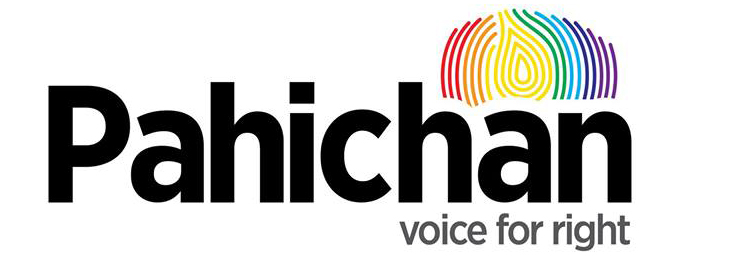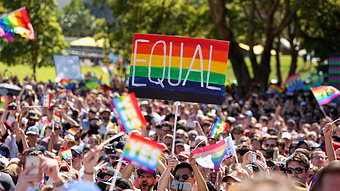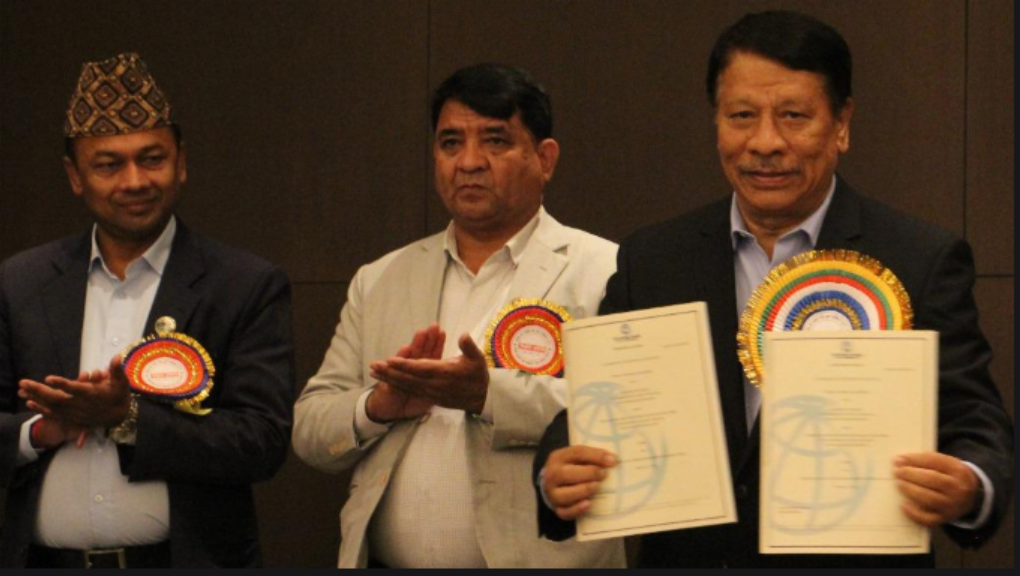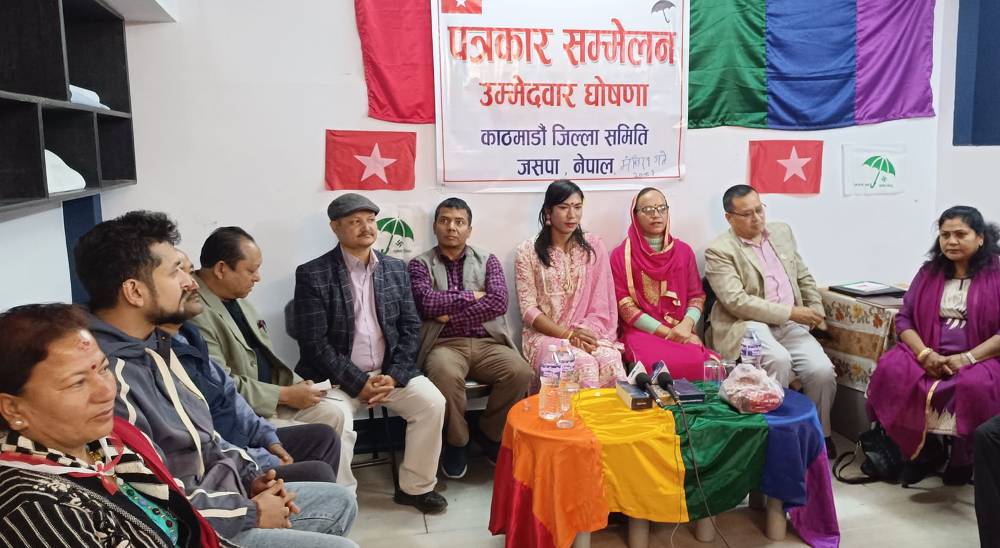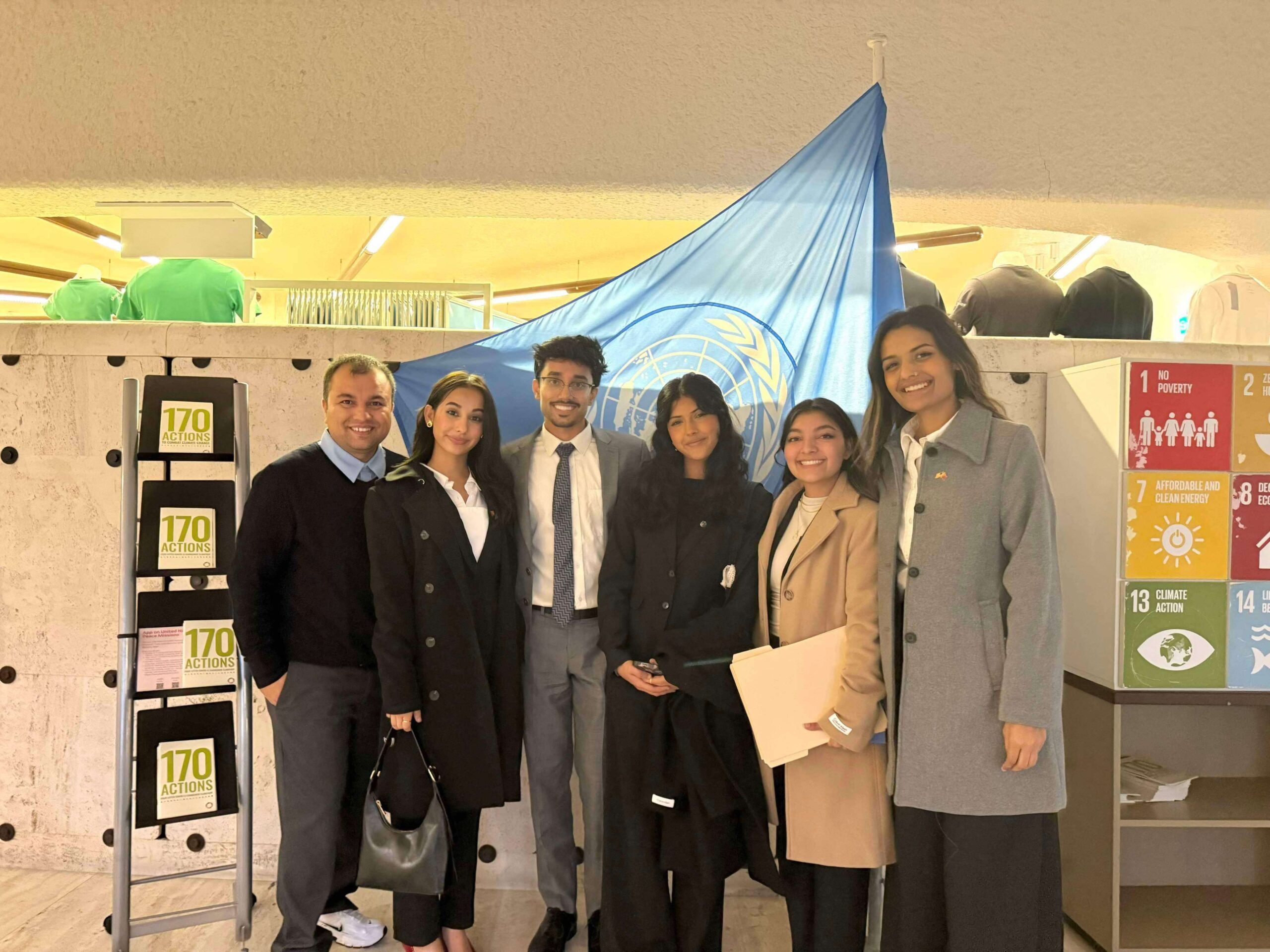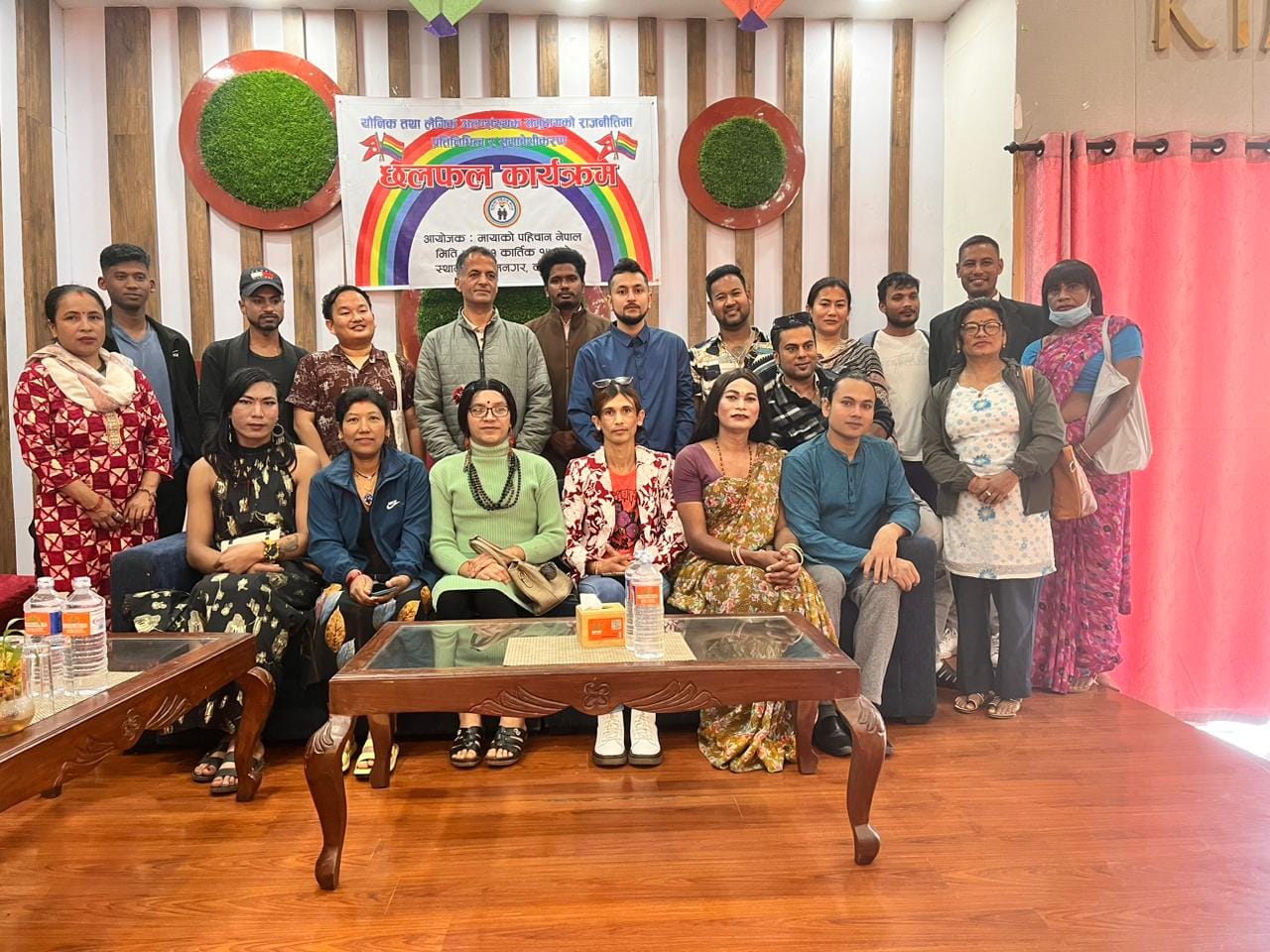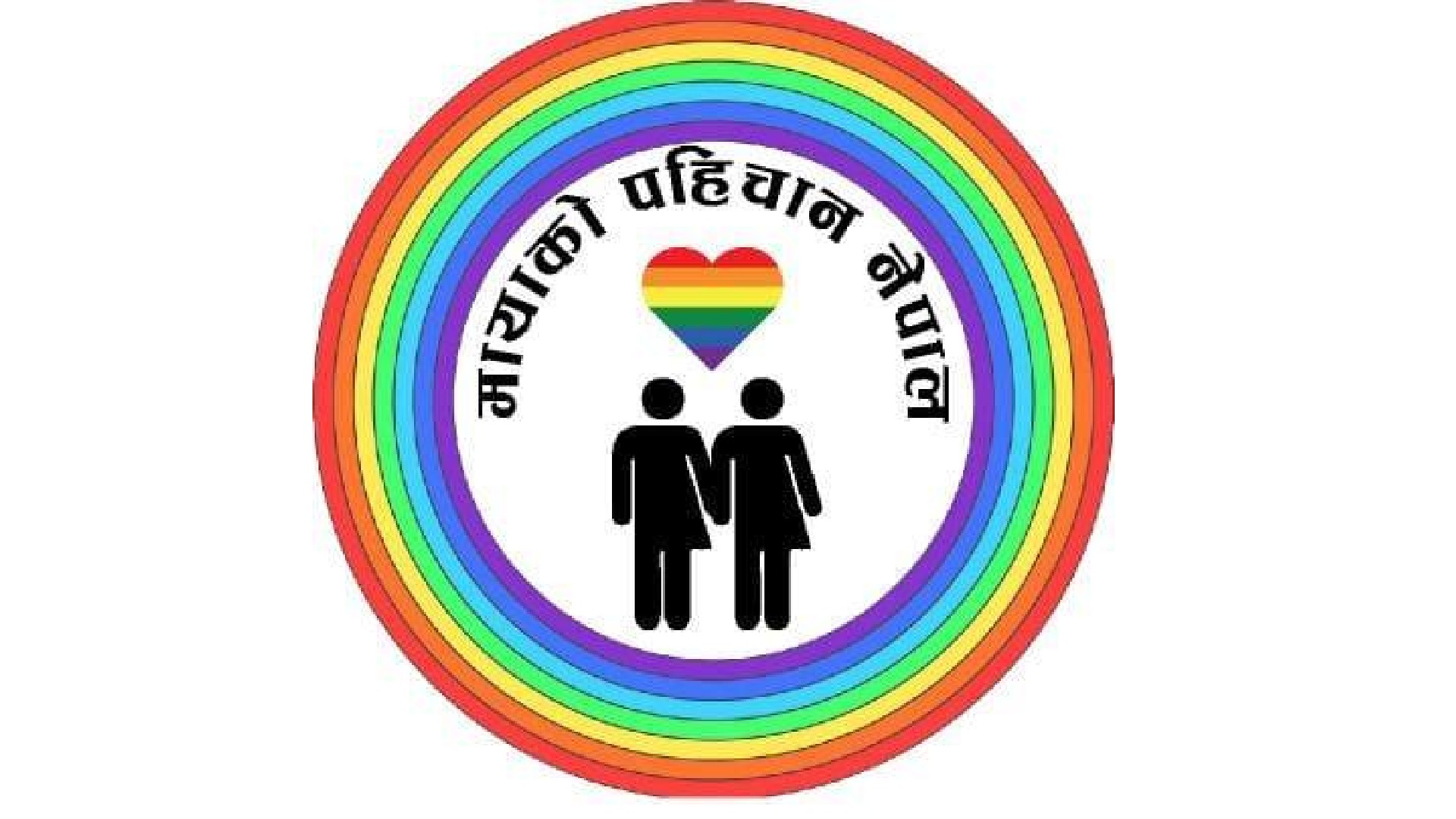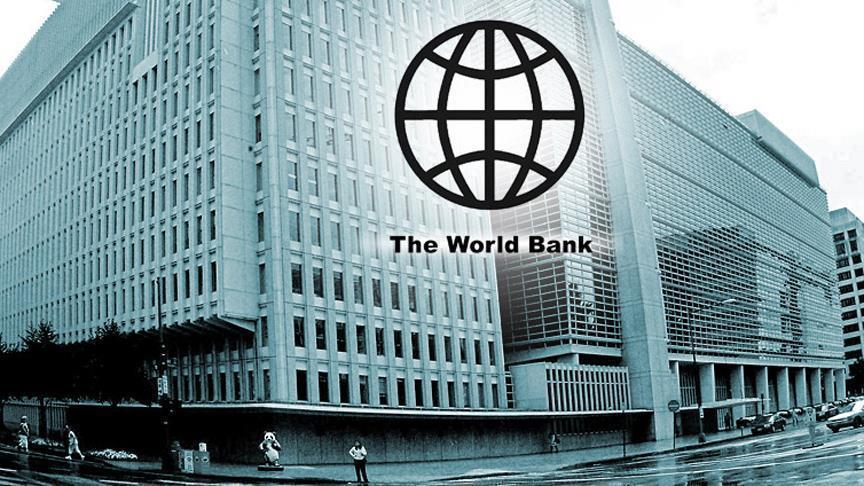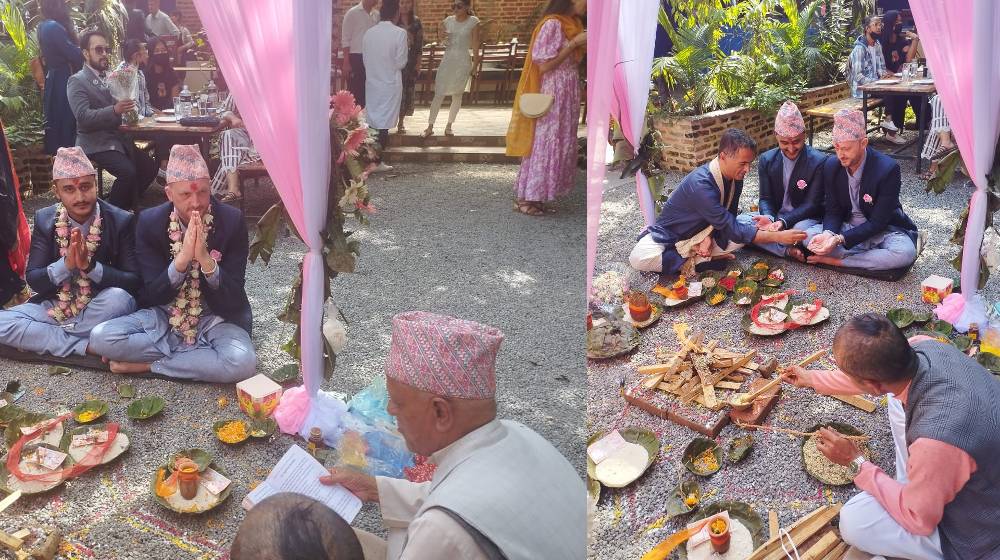Since day one, critics of the Religious Freedom Review– chaired by former minister Phillip Ruddock – have argued that the inquiry is not really about religion.
Rather, the review’s agenda is to examine whether institutions and individuals should have the right to deny services to lesbian, gay, bisexual, transgender and intersex (LGBTI) people on the grounds of supposed religious conscience.
It is not hard to reach this conclusion: we know that the Turnbull government only commissioned the review in the aftermath of the marriage equality plebiscite, which saw 61.6% of voters reject the arguments of the “no” campaign.
Moreover, some of the most ardent supporters of “religious freedom” are the same people who want to ban the burqa. And we did not hear similar calls for bakers or florists to have the right to deny service to the likes of Barnaby Joyce for having committed adultery – which is proscribed in the Ten Commandments.
So let me proceed from the highly defensible premise that the Religious Freedom Review is fully as much concerned with questions of the rights and status of LGBTI people, as it is with questions of religious conscience per se.
What is less-known is that the Commonwealth government addressed the very issue the rights and status of LGBTI people twenty years ago during a different review. The Senate established an Inquiry into Sexuality Discrimination in 1996 after Australian Democrats Senator Sid Spindler introduced a Sexuality Discrimination Bill into parliament. Spindler explained that the bill:
“seeks to remove discrimination in areas of Commonwealth law including employment, education, superannuation, industrial relations, the provision of goods and services, sporting activities, clubs and associations. It also contains protection against vilification and the incitement of hatred on the basis of a person’s sexuality or transgender identity.”
The inquiry ran from 1996-97, with terms of reference to investigate the existing state and Commonwealth anti-discrimination protections on the grounds of sexuality or transgender identity, and to assess what measures the Commonwealth could and should take to protect LGBT Australians (“intersex” was not yet on the public radar). Importantly, this was the first Commonwealth inquiry that explicitly examined transgender rights.
The inquiry received 436 submissions from all sectors of Australian society: private individuals, sporting associations, gay and lesbian rights organisations, state equal opportunity commissions, Commonwealth government departments, transgender support associations and even groups like the Returned and Services League. The inquiry held hearings in all capital cities except Darwin, listening to 118 witnesses representing a similarly diverse array of organisations. The final report was tabled in the Senate on 2 December 1997.
Religious organisations sent twenty-one of the 436 submissions. All were Christian groups, meaning that the inquiry did not have input from groups representing Muslim, Jewish, Buddhist, Hindu or other faiths. The Christian submissions came from individual churches, faith-based community groups (such as the Association of Catholic Parents), education peak bodies (like the Australian Association of Christian Schools), service delivery providers (like Sunshine Christian Community Services) and state or federal peak bodies representing Christian denominations. The submissions came from most major Christian faiths: Catholic, Anglican, Baptist, Uniting, Quaker, Methodist, Assemblies of God and even the LGBT-friendly Metropolitan Community Church. Representatives from several of these religious groups were among the witnesses at the hearings, so it is fair to say that Christian voices had a fair opportunity to speak and be heard in the inquiry.
There were diverse opinions among the Christian submissions. Where all the groups, and even many of the LGBT organisations, agreed was that religions should be allowed to exclude people from ministries on the basis of sexual orientation or gender identity. Where the opinions diverged, however, was over whether religious organisations should have the right to exclude LGBT people from employment, education or service provision.
Some of the more conservative churches argued that all aspects of the institution from its employees to its service provision needed to adhere to their religious tenets – which, in this instance, meant excluding homosexual and transgender people. Others took the opposite approach, with the Anglican Social Responsibility Commission quite firmly stating “we disagree with discrimination in any form at all against any person, in any place, for any reason.”
Some of the religious groups that argued against the Sexuality Discrimination Bill described themselves as victims under attack. A representative from the Baptist Churches of Tasmania stated, “in due course, we will be victimised, we will be called bigots, we will be called names which are untasteful and we will be seen as different because we have exemptions under this legislation or any legislation.” Such arguments echo the claims proponents of “religious freedom” now make: that they are being unfairly vilified because of their religious beliefs about homosexuality and transgender people.
Interestingly, the argument twenty years ago was that exemptions from laws would draw attention to religious institutions, so there should be no anti-discrimination legislation protecting sexual and gender diverse minorities. Now the argument is being invoked to argue that religious individuals and groups need their own anti-discrimination laws.
Of course, there was an alternative view espoused by LGBT groups: that religion may be used as an excuse for individuals to discriminate, when really homo/bi/transphobia were motivating factors. The Australian Council for Lesbian and Gay Rights (WA) pointed out: “people who are homophobic for irrational reasons might claim under the act that they discriminated on the grounds of their religious belief despite not having any religious belief.” Twenty years later, as conservatives argue for the rights of bakers and florists to deny service to same-sex marriages on religious grounds, the same questions are at stake:
- Who is to decide whether someone’s opposition to LGBTI rights is religiously motivated?
- How do we separate religious influence from other moral or ethical judgements?
- How can we say someone’s religious beliefs let them refuse service to LGBTI clients if they have no problems serving an adulterer, divorcee or others whose lifestyles conflict with religious teachings?
The final report of the Inquiry into Sexuality Discrimination addressed “religious freedom” in four succinct pages. After canvassing all the viewpoints, it made a simple recommendation:
“That a body established for religious purposes may not exclude a person from the receipt of services which are funded directly or indirectly, in whole or in part, from Commonwealth funding, on the grounds of the person’s sexuality or gender status.”
The inquiry also did not recommend any exemptions for individuals or businesses to deny services to LGBT people on religious grounds. Such an approach would mean that religious schools, social welfare providers, charities and any other body that receives Commonwealth funding would not be allowed to discriminate against LGBT people.
It was not an aberration to set conditions for Commonwealth grants to service providers. For instance, during the Howard era (1996-2007), contracts to private welfare providers began to include clauses restricting the organisations’ rights to criticise the government publicly. The inquiry’s recommendation would mean that religious organisations that wished to deny services or employment to LGBT people would simply have to forego any Commonwealth funding.
Of course, the Inquiry into Sexuality Discrimination addressed much more than just “religious freedom.” Other topics and recommendations dealt with superannuation benefits for same-sex partners, relationship recognition, employment discrimination, healthcare access and harassment. Twenty years later, some of the other topics have, like religious freedom, become hot-button topics in the culture wars.
For example, many of the LGBT submissions worried that the Sexuality Discrimination Bill did not adequately protect them from vilification. The inquiry considered the balance that needed to be struck between protecting sexual and gender minorities from harassment, and the right to free speech. The inquiry actually referred to section 18(c) of the Racial Discrimination Act – which contemporary free speech warriors now want repealed – as a model way to protect minorities from harassment. A recommendation in the inquiry was for the Sexuality Discrimination Bill to include a clause stating: “discrimination includes harassment, which is an act reasonably likely, in all the circumstances, to offend, insult, humiliate or intimidate a person or an associate or relative of the person.”
What became the most contentious aspect of the inquiry, however, related to that most sacred of Australian institutions: sport. Several submissions expressed opposition to some or all of the Sexuality Discrimination Billbecause they feared transgender women participating in women’s sports. The Women in Sport Foundation went so far as to describe gender affirmation surgery as “genital mutilation” and claimed that transgender women were actually just men who had “chosen to have healthy reproductive organs removed and cosmetic surgery in order to pass as women.” Their submission aligned with the writings of what many people now call TERFs: trans-exclusionary radical feminists. The Women in Sport Foundation also engaged in a bit of scare-mongering when their president testified: “What could happen in the end is that you would have one sport for men, and women’s sport could be taken over by men in drag, virtually.”
The Australian Sports Commission was more moderate in its submission, acknowledging that there was not enough research into transgender women’s potential physical advantages in sport. Twenty years later we have that research, which indicates that for transgender women, hormone levels are a better (albeit still imperfect) measure of sporting physicality. This scientific evidence has formed the basis of new International Olympic Committee policies relating to transgender athletes. Even so, as the recent controversy over Hannah Mouncey’s fight to play in the AFLW exemplifies, still myths about transgender women (we never hear challenges to trans men in sport) have turned this into another front in the culture wars.
The Inquiry into Sexuality Discrimination devoted only two of its 302 pages to transgender women in sport. It concluded that transgender people should not be excluded from playing sport, but “an individual organisation could … exclude a (male to female) transgender person if they believed that person was still assisted by biology (‘still has physical characteristics which to a large extent belong to their former gender’).” Yet, the conservative media and Nationals Senator Barry O’Chee made transgender women in sport the focus of their opposition to the entire Sexuality Discrimination Bill.
The other vocal opponent was Senator Eric Abetz, who claimed in his minority report that ex-gays and ex-transgender people had come to him in private conversations. Based on these private conversations – rather than the hundreds of public submissions and testimonies examined in the inquiry – Abetz rejected the report. Eighteen years later, in 2015, Abetz was still espousing his faith in supposed ex-gays as one reason to oppose marriage equality:
“Ever noticed when a gay person goes straight, we never hear about it. Their ‘coming out’ and ‘honesty’ is airbrushed out of the debate as though it never happens. Well it does, and their evidence is given to Senate committees, but of course never reported.”
If Abetz was referring to the Inquiry into Sexuality Discrimination, then the supposed ex-gays and ex-transgender people did not give that evidence before the committee.
Neither the ALP nor the Coalition supported the Sexuality Discrimination Bill. After a fear-mongering campaign focusing especially on transgender people – another precursor to the marriage-equality debate – the legislation and inquiry fell by the wayside and was relegated to the pile of inquiries and recommendations never implemented.
In the intervening twenty years, state and Commonwealth governments have gradually adopted most of the inquiry’s recommendations through amendments to anti-discrimination laws. One of the final acts of the Gillard government in 2013 was to amend the Sex Discrimination Act to include sexuality, gender identity and intersex status as protected categories – sixteen years after the Inquiry into Sexuality Discrimination first recommended similar reforms.
The Inquiry into Sexuality Discrimination was one of dozens of inquiries that governments commission, table, fail to implement the recommendations, and years later revisit in the form of another inquiry. The recent Royal Commission and Board of Inquiry into the Protection and Detention of Children in the Northern Territory (the Don Dale Royal Commission) re-examined issues of over-incarceration of Indigenous people canvassed in 1991 by the Royal Commission into Aboriginal Deaths in Custody. Since the early-2000s there have been numerous state and Commonwealth inquiries into abuse of children in out-of-home care, the most recent being the prominent Royal Commission into Institutional Responses to Child Sexual Abuse. Now the Ruddock Review is revisiting issues canvassed effectively twenty years ago by the Inquiry into Sexuality Discrimination.
There are some excellent lessons to take from the 1996-97 Inquiry into Sexuality Discrimination. The process itself was methodical and respectful, examining submissions which drew on questions of law, religion, ethics, morality and the lived experiences of LGBT Australians. By balancing those interests, the report presented a sensible, respectful set of evidence-based recommendations. Unfortunately, ideologies and politics derailed any hope of implementing those recommendations, thus shelving the report into the dustbin of history. Time will tell what review we will be repeating again in another twenty years.
Copy : http://www.abc.net.au
